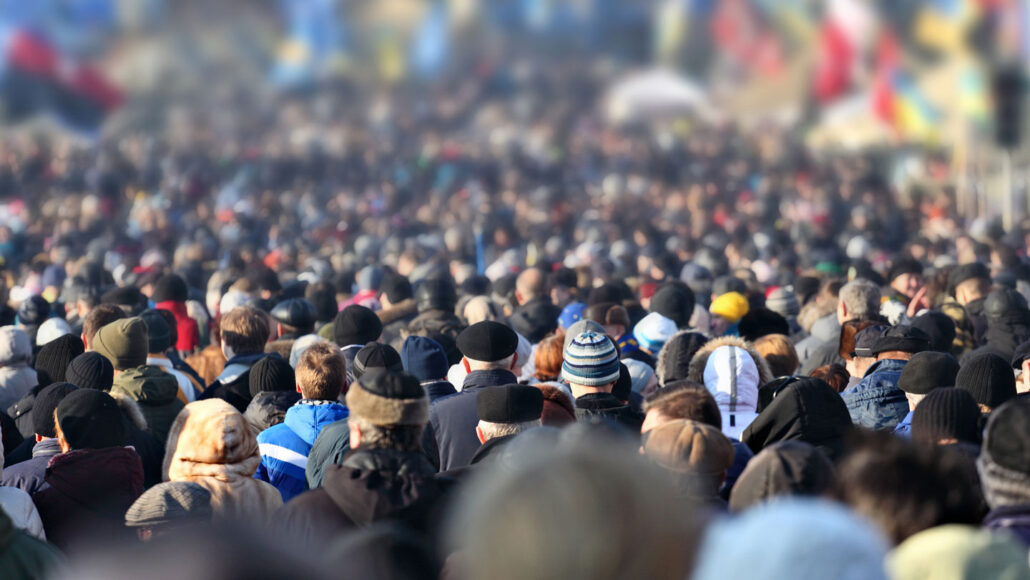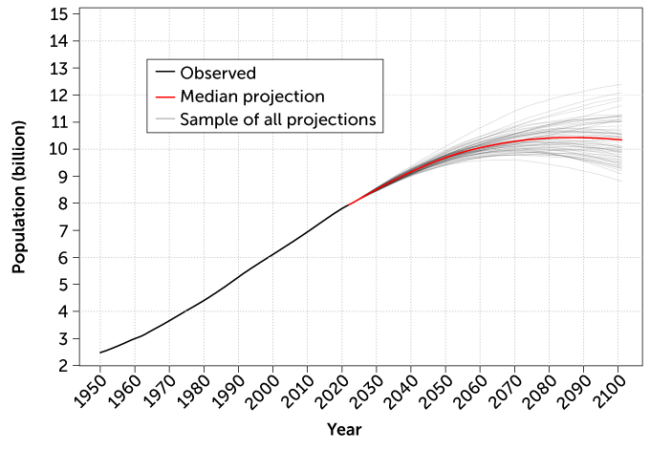climate: The weather conditions that typically exist in one area, in general, or over a long period.
death rates: The share of people in a particular, defined group that die per year. Those rates can change if the group is affected by disease or other deadly conditions (such as accidents, natural disasters, extreme heat or war and other sources of violence).
developed country: Also known as an industrialized country, this type of nation has a mature system of government and industries and tends to be fairly wealthy. One gauge of its wealth is the gross domestic product — or the value of all of the goods that are made and services that are performed in one year by all its residents. Another measure of its wealth may be the average income of its residents. Such nations tend to create and use advanced — and diverse — technologies. People who live in these countries tend to have access to good health care and education.
developing nation: A relatively poor nation with little industry and a lower standard of living than developed countries, such as the United States, Germany and Japan.
economics: The social science that deals with the production, distribution and consumption of goods and services and with the theory and management of economies or economic systems. A person who studies economics is an economist.
environment: The sum of all of the things that exist around some organism or the process and the condition those things create. Environment may refer to the weather and ecosystem in which some animal lives, or, perhaps, the temperature and humidity (or even the placement of things in the vicinity of an item of interest).
factor: Something that plays a role in a particular condition or event; a contributor.
median: (in mathematics) The value or quantity that lies at the midpoint of a group of numbers that had been listed in order from lowest to highest.
milestone: An important step on the road to stated goal or achievement. The term gets its name from the stone markers that communities used to erect along the side of the road to inform travelers how far they still had to go (in miles) before reaching a town.
population: (in biology) A group of individuals (belonging to the same species) that lives in a given area.
prospect: (n.) The vista (as in what’s in view) or the future of something (such as whether it’s going to be successful). (in geology) To hunt for a buried natural resource, such as oil, gems, precious metals or other valued minerals.
range: The full extent or distribution of something. For instance, a plant or animal’s range is the area over which it naturally exists. (in math or for measurements) The extent to which values can vary (such as the highest to lowest temperatures). Also, the distance within which something can be reached or perceived.
social: (adj.) Relating to gatherings of people; a term for animals (or people) that prefer to exist in groups. (noun) A gathering of people, for instance those who belong to a club or other organization, for the purpose of enjoying each other’s company.
uncertainty: (in statistics) A range of how much measurements of something will vary around an already-measured value.









